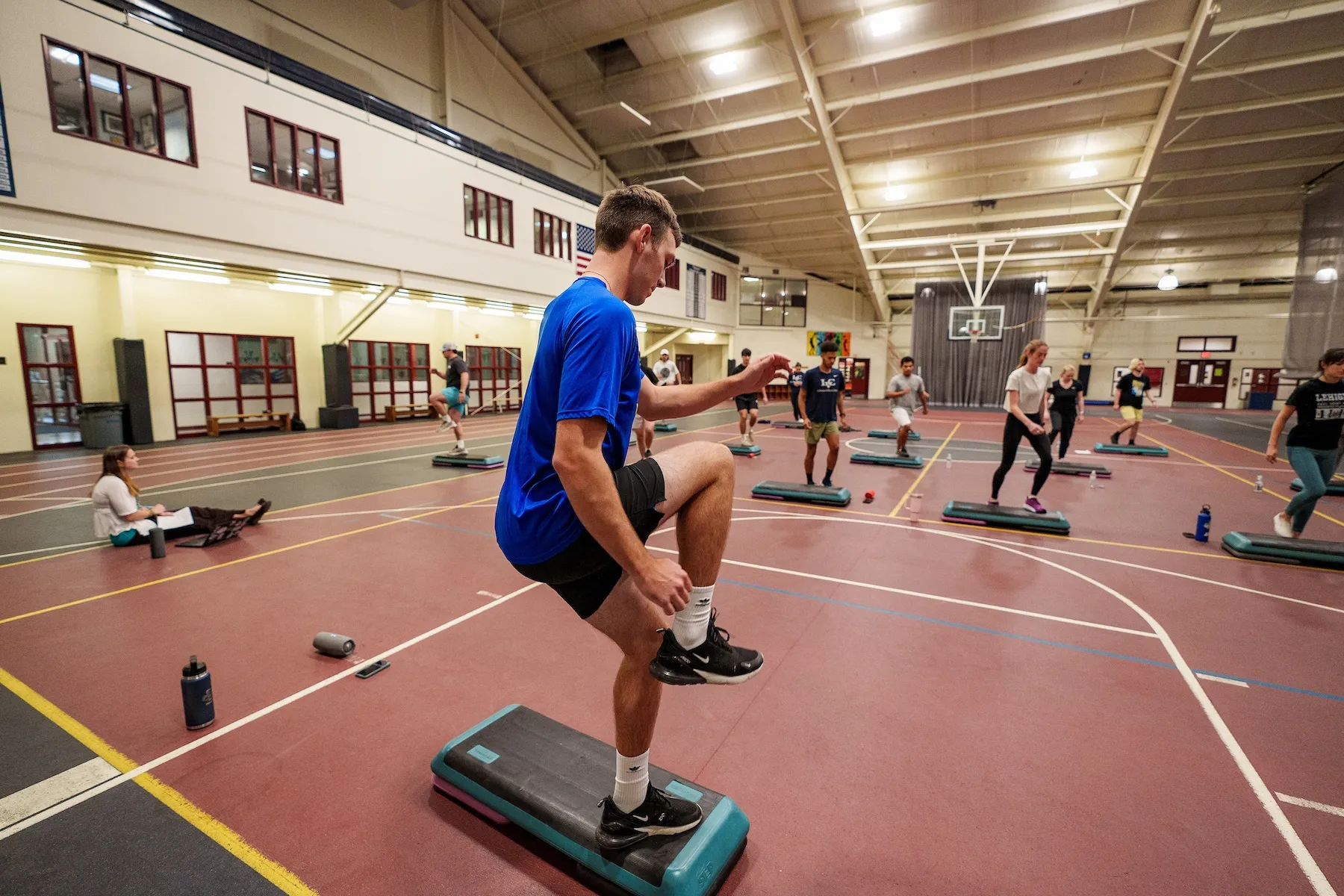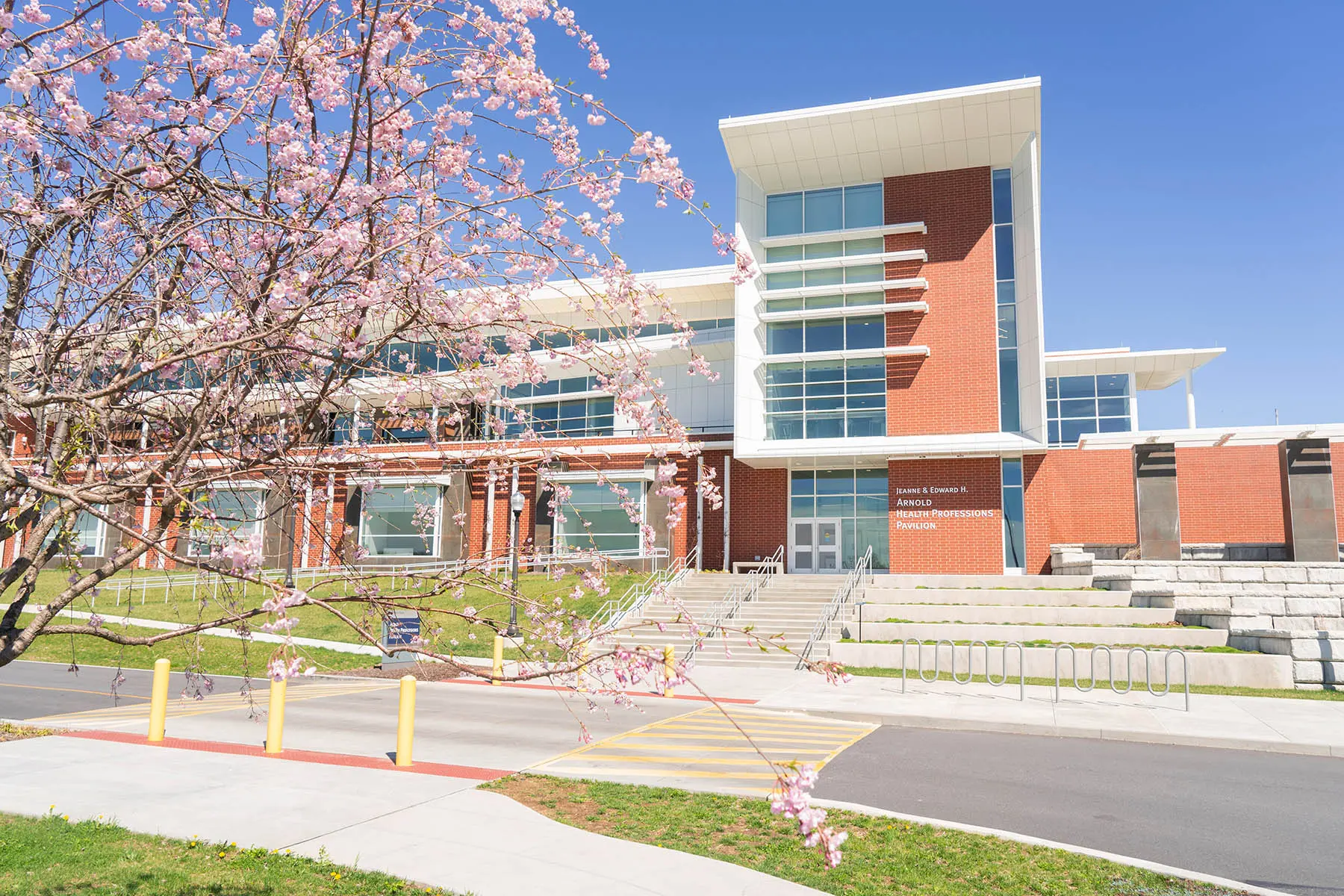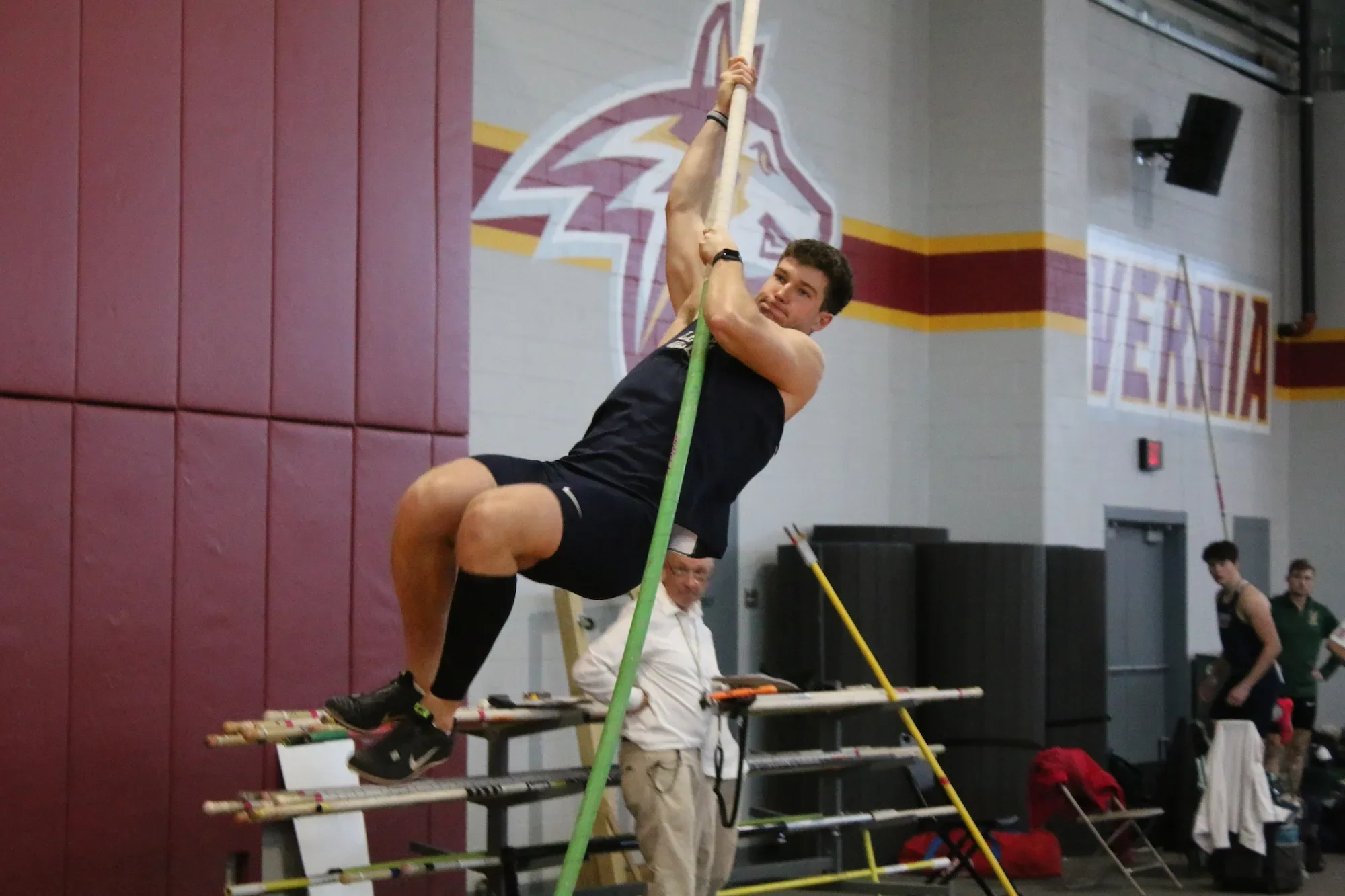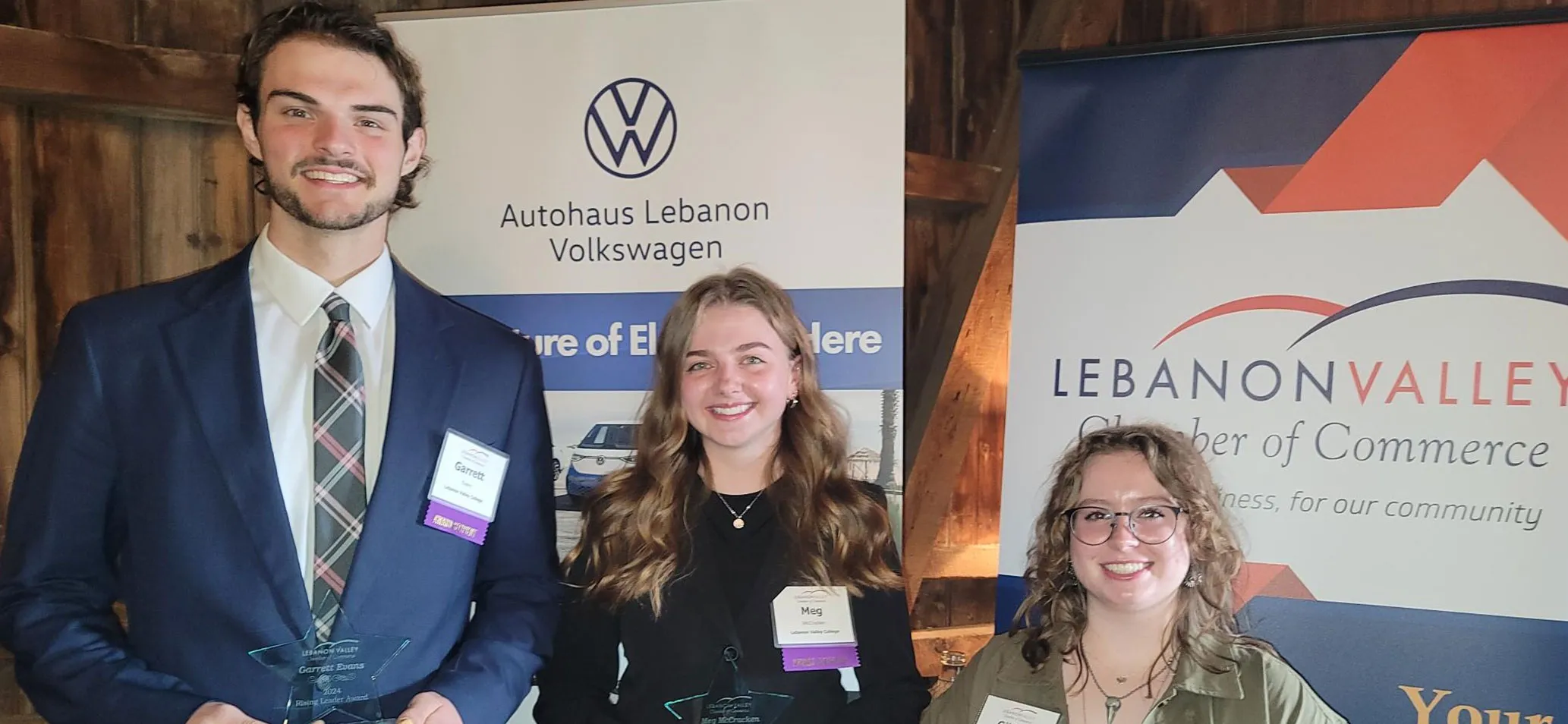
LVC News
- Accounting
- Accounting/MBA 3+1
- Actuarial Science
- Allwein Scholars
- Alumni Profiles
- Athletic Training
- Athletics
- Awards
- Biochemistry & Molecular Biology
- Biology
- Breen Center
- Business Administration
- Campus
- Chemistry
- Clinical Exercise Physiology
- Clinical Mental Health Counseling
- Community Service
- Computer Science
- Creative Arts
- Creative Writing
- Criminal Justice
- Data Science
- Digital Media
- Economics
- Education
- Engineering
- English
- Environmental Science
- Esports
- Exercise Science
- Faculty Profiles
- Gallery
- German
- Giving
- Graduate Studies
- History
- Honors
- Intelligence and Security Studies
- Interaction Design
- International Business and Policy
- LVEP
- Marketing
- Mathematics
- MBA
- Medical Humanities
- Medical Laboratory Science
- Music
- Music Education
- Music Production
- Neuroscience
- Nursing
- Physical Therapy
- Physics
- Political Science
- Pre-Law
- Pre-Medical Professions
- Psychology
- Self-Designed
- Social Justice and Civic Engagement
- Sociology
- Spanish
- Speech-Language Pathology
- Sport Performance
- STEM Education
- Student Profiles
- Study Abroad
- Sustainability
- Transfer
- Undecided/Exploratory
Recovery from ACL Injuries Subject of $1.5 Million Department of Defense Research Grant

The Lebanon Valley College (LVC) Lewis Human Performance Lab will partner with Penn State Health and Penn State Engineering to research ways to identify post-recovery injury risks using micro-Doppler radar technology.
For the U.S. military, injuries to the anterior cruciate ligament (ACL) prevent service members from fulfilling crucial duties. Tearing and overstretching of the ACL causes significant knee pain with typical post-surgery recovery periods often exceeding nine months. Reinjury often occurs within two years post-surgery even after completion of rehabilitation. Physicians cannot always assess rehabilitation effectiveness because patients may develop compensatory body movements that can hide evidence of deficient recovery, thus increasing risk and perpetuating the reinjury cycle. Researchers from Penn State Health, Penn State Engineering, and LVC’s Lewis Human Performance Lab want to change those adverse outcomes and believe radar can help.
The research team was awarded a $1.5 million grant from the U.S. Department of Defense to see if micro-Doppler radar, the same kind of radar law enforcement uses, can help clinicians assess minute movement deficiencies invisible to traditional assessment methods. Key project personnel from Penn State Health include Dr. Cayce Onks, assistant professor of Family and Community Medicine and Orthopaedics and Rehabilitation, Dr. Jennifer Nyland, assistant professor in the Department of Neural and Behavioral Sciences, and Dr. Shouhao Zhou, assistant professor in the Department of Public Health Sciences. Dr. Ram Narayanan is professor in the School of Electrical Engineering and Computer Science and the director of Penn State’s Center for Radar Engineering, Science, and Technology. Dr. Robert Creath is an associate professor of exercise science and director of LVC’s Lewis Human Performance Lab.
“The Use of Micro-Doppler Radar to Identify Service Members at Risk for Musculoskeletal Injury: A Gold Standard Comparison” will also create learning opportunities for student researchers. Members of Dr. Narayanan’s Penn State Engineering team will assemble and mount the radar apparatus in LVC’s Lewis Human Performance Lab, located in the Jeanne and Edward H. Arnold Health Professions Pavilion. Dr. Creath, a biomechanist, will mentor LVC graduate research assistants Veronica Venezia ’21, M’23 and Alex Wiggins ’22, M’24. Both are pursuing their master of applied kinesiology degrees as they collect and analyze data in the Lewis Lab. “Data collection, processing, and analysis involves many highly technical methods which create research opportunities for students in disciplines beyond the traditional health sciences,” said Creath. He said students in STEM disciplines are often ideal lab personnel because they possess important technical knowledge necessary for data processing and analysis.
“The educational component of this project is of primary importance because it presents significant learning opportunities for LVC students to engage in cutting-edge, federally funded biomedical research and collaborate with experienced research scientists,” Creath said. “Students will be involved in collection, processing, and analysis of data, and then disseminate the results through publications and presentations at scientific conferences. The experience will benefit students who want to pursue careers in scientific research or other health-related fields.” Students interested in exploring research opportunities for this project should contact Dr. Creath.
The Penn State Health-Lebanon Valley College Research Initiative was formed to promote research in the health sciences and strengthen the collaborative bond between our organizations. “Throughout the COVID quarantine, everybody worked hard writing grants and refining the scientific basis of the project. In addition to the key project personnel, there are many people who helped obtain this grant. I extend a special note of appreciation to Dr. Monica Cowart, professor of psychology, and Dr. Claudia Gazsi, chair of exercise science, for their help in developing this multi-organizational research initiative that promises to improve medical outcomes.”




